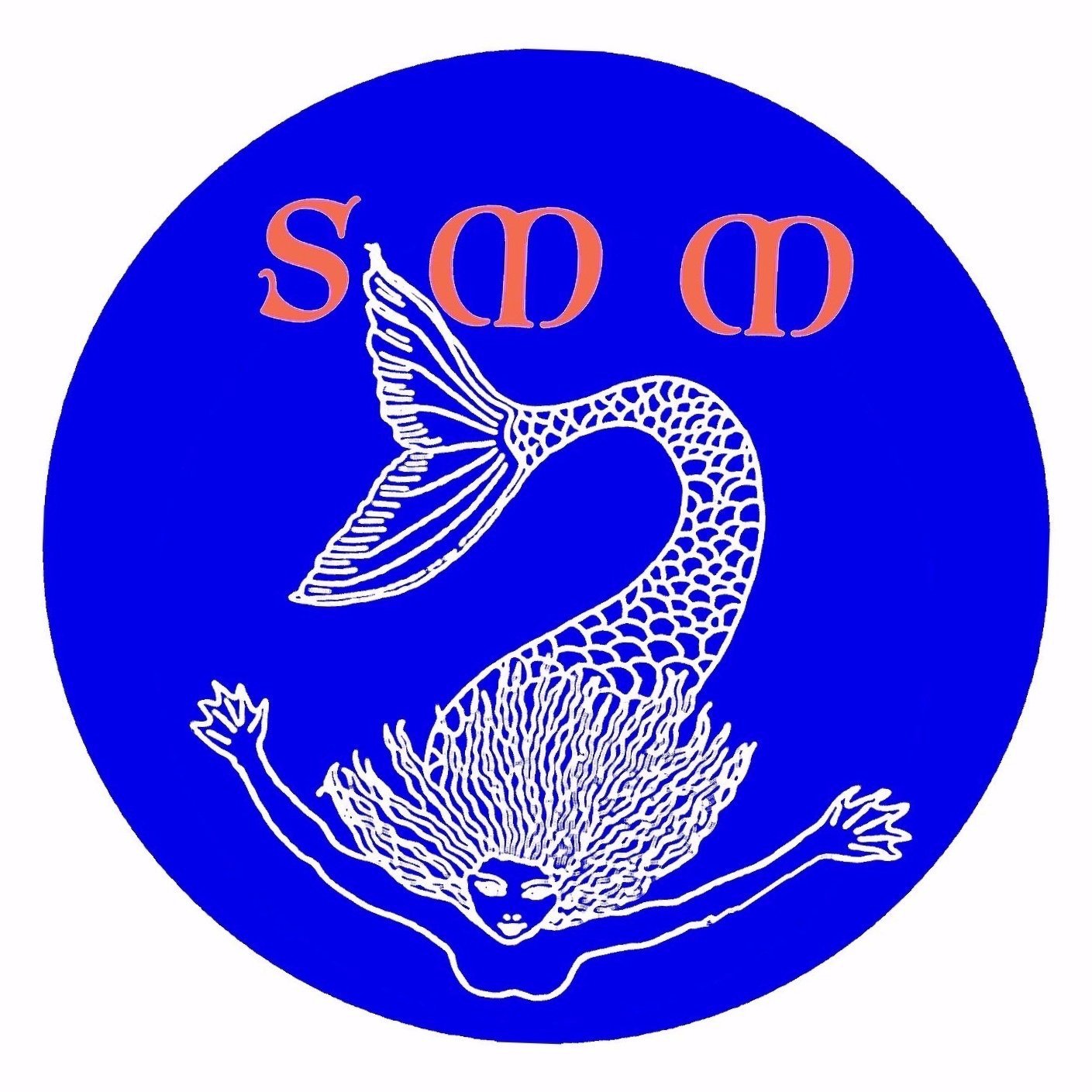"Indigenous Peoples' Day"
We are coming close to the national holiday of “Thanksgiving”. Gratitude is a powerful spiritual practice, but Thanksgiving Day has a dark history. It is said to commemorate a winter day in 1621, when a group of starving English people in the frozen forests of what is now Massachusetts shared a feast provided by members of the Pokanoket tribe. In my school we were told that it was a happy gathering in which Europeans and Native Americans made friends and ate turkey together thanks to a peace-maker named Squanto.
But the truth was different. “Squanto” was the last of his tribe, the Patuxet, who were all killed by an epidemic brought from Europe. His true name was “Tisquantum”, which means “Rage of Manitou” - Manitou is the name of the Spirit that gives life and power to all beings, according to Patuxet creed. He was an adept diplomat and a linguist. His childhood is unknown. His name indicates that he may have received spiritual or military training.
Tisquantum was kidnapped in 1614 by Thomas Hunt, an English adventurer whom even the English held in contempt. Hunt took Tisquantum - then about 20 years old - to Spain and sold him into slavery. He was bought by Spanish monks who attempted to convert him to Christianity. He learned to speak English and Spanish. It is not known if he escaped or if the monks let him go, ( Tisquantum was a very eloquent speaker, and it is conceivable that he talked his way out of bondage to the monks) but in 1619 he was back in New England. He returned to his village only to find that everyone in his entire tribe was dead. They had been killed by a terrible epidemic brought when the Patuxet gave shelter to a sick English Pilgrim, who infected them all. The epidemic was not limited to the Patuxet. According to English chroniclers the shores of Massachusetts were terrifying, littered with the skulls and skeletons of the dead, victims of the illness.
Tisquantum went to live with the Pokanoket tribe. When the Mayflower arrived he served as a liaison between the Puritans and the Pokanoket whose territory the English settled in. When the European settlers were starving in the winter of 1621, Tisquantum convinced the Pokanoket to bring them food, Hence Thanksgiving.
Our nation has never acknowledged the unimaginable violence and cruelty European immigrants wreaked upon the original people who helped them survive here when they were helpless. Respect and gratitude are owed to the man called Tisquantum, Rage of Manitou. Maybe renaming this day “Indigenous Peoples Day” - though a very small gesture - is the beginning of a way to acknowledge the truth of Tisquantum, of the Patuxet, of the many native people who followed them, and of this nation which is so in need of healing.
